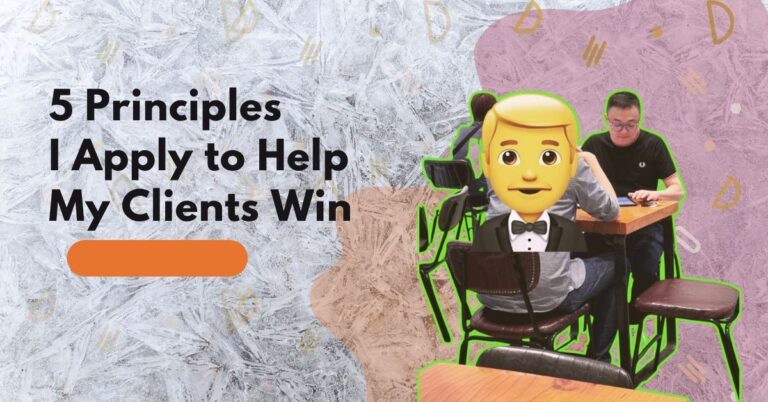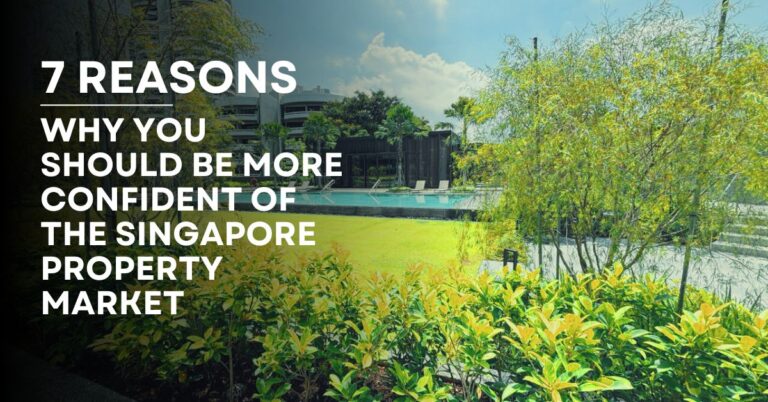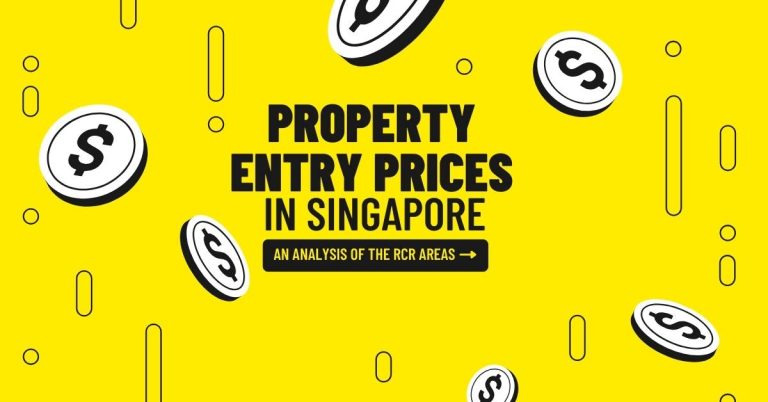Say you’re intending to buy an “own stay property”, which is a property you intend to live in (instead of renting out). How confident are you of choosing the right property, out of all the options in the market?

Now, not many people realize this, but 99% of buyers don’t look at the RIGHT factors when buying an own stay property.
Let’s break it down. At the most basic level, most buyers will consider the following factors when purchasing an own stay property:
- Location (convenience, accessibility, etc)
- Layout of unit (whether there’s wasted space)
- Aesthetics (whether the unit looks good)
- Pricing and affordability
Now, if you’re a buyer who’s read up more and done your research, you might also consider other factors, including:
- Orientation of the unit (where it’s facing)
- Noise levels (affected by whether there are major expressways nearby)
- Whether the flat has already been upgraded (assuming it’s a resale flat)
And if you’re a highly discerning buyer, you might also evaluate these additional factors:
- Track record of the developer
- Monthly maintenance fees (if you’re looking for a condo)
- Upkeep of facilities (if you’re looking for a condo)
- Availability of parking spaces (is the carpark constantly full? Are the lots sheltered?)
- Lift to unit ratio (how many lifts there are serving the development)
But here’s the thing… even if you take into consideration ALL of the factors above, this still doesn’t increase your chances of choosing the right property.

If you want to approach your purchase from a more strategic perspective, you’ll have to shift your focus from factors that affect your day-to-day living to higher-level factors that affect the profitability of your property in the long run.
At this point, you might be thinking… Well, it doesn’t really matter whether my property increases or decreases in value. Since I’m buying this property to stay in, not to rent out, it’s fine that the property doesn’t make any money.
Now, I get where you’re coming from, but hear me out.
I’m going to share two reasons as to why you SHOULDN’T adopt this approach — and after you understand these reasons, this will radically change the way you look at the process of purchasing an own stay property.
Reason #1: It’s much easier to lose money on your property than you think.
Most folks have the mindset that even if they don’t get a net profit after selling their property (a few years down the road), they’ll probably break even. But in reality, a couple that doesn’t make a strategic decision to buy a property that’s likely to appreciate in value is highly likely to incur a loss when they sell their property.

Say Couple A is purchasing a condo that costs $1M, for example. Assuming the following additional costs:
- $24,600 stamp fee
- 2.5% interest over 30 years = $88,345
- $35,000 renovation costs
This means Couple A needs to sell their property at $1.15M just to break even. Now, the couple might sell your property five years later at $1.1M, and think they recouped all their losses.
But if they sat down and calculated their costs properly, they’ll realize that they actually lost money on their property, even though they sold it at a higher price than they bought it.
Reason #2: On top of accounting costs, homeowners also sustain opportunity costs when buying/selling their properties.
What we’ve just discussed above = accounting costs. Opportunity costs, on the other hand, refers to the cost of your next best alternative.
Let’s use the same example to illustrate this concept. When Couple A spends $1M buying a condo, this means that they’re losing out on the opportunity of investing this $1M somewhere else.

Now, say the couple put their $1M into the Straits Times Index (STI) instead of buying a property. The STI generated annualised total returns of 9.2% from 2009 to the end of 2018, so assuming the trend continues, and it generates approximately 9% of returns every decade, this means the couple could potentially earn 9% of $1M = $90,000.
This $90,000 represents the couple’s opportunity costs. Now, on top of losing accounting costs of $50,000 when they sold their property, the couple also lost out an additional $90,000 of opportunity costs that they could have made if they invested their money in the STI instead.

Makes it more painful when you consider the full picture, doesn’t it?
Don’t want to lose money with your own stay property? Pick the right property.
Now that you know how easy it is for homeowners to lose money when buying a property, let’s talk about how you can go about picking the right property.
Quick aside: some people think that you can’t really analyse the market to choose the “right” property — they believe that it all boils down to the market conditions at the point when you’re buying. But ask any seasoned investor or buyer, and they’ll tell you that this is FAR from the truth.
Check it out: homeowners who purchased the following properties have seen their prices stagnating or dropping in the past five years…

And homeowners who purchased these properties have seen their prices increasing in the past five years:

This is the EXACT same time period we’re looking at — 2014 to 2018. But while prices of some properties plummeted, prices of other properties skyrocketed. Obviously, you want your property to belong in the second category, not the first.
So, how exactly do you go about choosing a property that will appreciate in value in the long run? Here are a few factors to take into consideration:
- Entry price
- Old Price vs New Price
- Risk
- Exit Strategy
- Potential Upside
- First Mover Advantage
- Supply vs Demand
As you can see, this list of factors is COMPLETELY different from the factors that 99% of homeowners take into consideration when buying an own stay property.
Also, while many homeowners believe that just choosing the “right” project is good enough, you should go one step further, and choose an ideal unit located in that project.
I’m sure you’ve heard stories of friends buying the same project because they all feel like it’s a great investment. But out of the group of friends, one of them ends up making a killing, and the rest might just break even after selling their unit.

Here’s the thing… even small details such as different stacks, layout and room type can make a huge difference in the profit margin that you eventually earn from your property.
Bearing this in mind, DON’T be too impatient when trying to find your dream home. You don’t have to compromise between choosing a unit that you like (but might not be profitable) and choosing a unit that’s likely to be profitable (but doesn’t suit you and your family).
At the end of the day, it’s definitely possible to strike a balance, and find a unit that ticks most of your boxes, AND is likely to appreciate in the long run. You just need to know what to look out for, and be patient enough.
Making the most out of your investment life span
To wrap up, here’s one final piece of advice that I have for you: keep in mind that we all have a limited investment life span, and make the most out of that life span when you still can.

To unpack this, the first stage of our life (“Earn and Save”) is where we mature into adults, and grow our savings so that we can start off our adult life on a good note.
Next, we move into the “Create and Grow” phase, where we start investing and making the most of our resources. Once we enter the third phase, “Consolidate and Preserve”, we start to take on less risk, and prioritize stability.
Now, when you’re in your 30s and 40s, you’re in the midst of your “Create and Grow” stage, and at this point, your ability to leverage your finances and grow your net worth is at its highest. Bearing this in mind, it’s important to make sound decisions in everything that you do (including buying property!), so you can increase your wealth in this window of opportunity.

On the flip side: imagine being stuck with an under-performing property for five to 10 years, and eventually making a loss when you sell your property.
If you’re in your 40s, and you waste 10 years of your life holding on to a property that doesn’t appreciate, this means that you’ll have missed the boat, and you’ll now move on to the “Consolidate and Preserve” stage without having accumulated more wealth.
Want to buy the perfect own stay property to grow your wealth and leave a legacy for your family? Contact me at +65 98801790 or email at re************@***il.com to learn more about the techniques that will help you identify the most profitable properties.
If you have any other comments or questions, feel free to leave a comment below! ????





